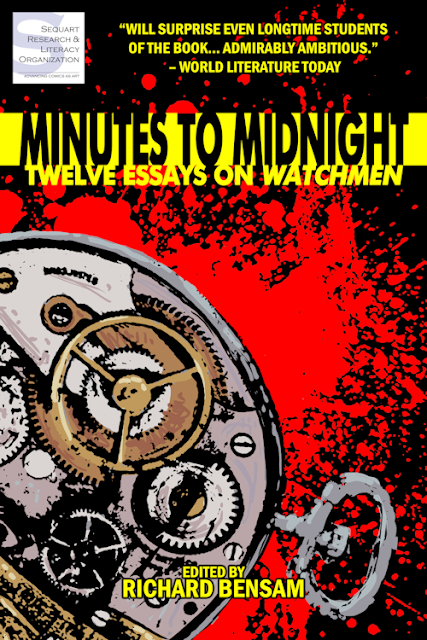The content was great fun, a mix of comics, pop culture, politics, movies, and quotidian tidbits. Now you can find some writings on Richard's Google+ account,
As much as I loved that early content, that's not what I wanted to talk about today. I want to talk about the title: Estoreal. As it says on the tin, it's a made-up word that seems like it ought to mean something. Really, I checked the first time I saw it, just to make sure, because it feels so much like a genuine, bona fide word. It rolls off the tongue so easily and so familiarly that one is almost tempted to try to bluff one's way though and pretend to know the meaning. It is so captivating a word that it took me a while to realize that as a title it might be a modest meta-commentary on the blog entries themselves. A perfect blog title if I ever read one.
I was put in mind of Estoreal recently, when, on a quick trip across the border to the beachfront tourist town of White Rock, British Columbia, I came across this sign:
Besoreal! Oh, what a delightful counterpoint! Synonym? Antonym? Cousin? Who knows, but it tickles the ear just as satisfyingly. What a wonderful serendipity.
Not to bring us too much down to Earth, but, inspired by this reawakening of memory, I did play with these in Google Translate. If you cut the words in two just before the "real" and call them Spanish, esto real is rendered as this is real, but beso real returns royal kiss.
If the words have to mean something, those are pretty good choices (and Estoreal is still a great blog title). Me, I'll just hold onto them as half-heard scraps of some language that I think I know, but really don't.




















